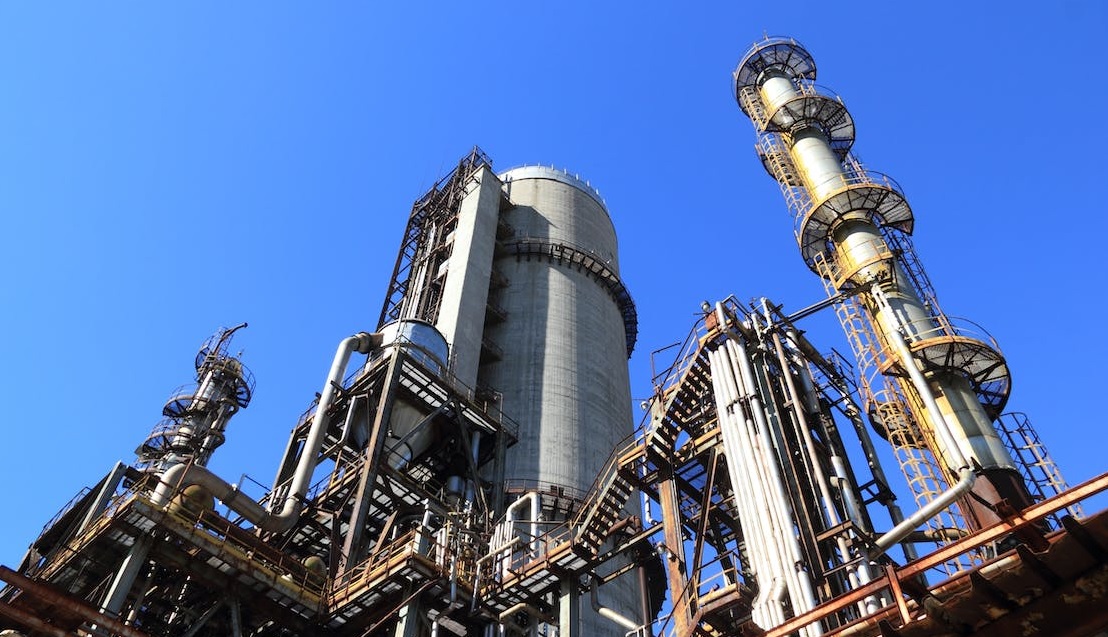The Industrial Revolution: Transforming Societies and Shaping Modernity
Introduction:
The Industrial Revolution, a period of profound societal change from the late 18th to mid-19th century, marked a turning point in human history. It brought about revolutionary advancements in technology, production, and transportation, shifting societies from agrarian economies to industrialized ones. This essay delves into the causes, effects, and impact of the Industrial Revolution on economies, societies, and human lives.
Causes of the Industrial Revolution:
- Technological Innovation: The development of inventions like the spinning jenny, steam engine, and power loom revolutionized production methods, leading to increased efficiency.
- Access to Resources: Growing access to raw materials, such as coal and iron, provided the necessary inputs for industrialization.
- Urbanization and Population Growth: Rapid urbanization led to the concentration of people in cities, providing a labor force for factories and industries.
- Access to Capital: The availability of capital from investors fueled the establishment and expansion of industries.
Effects on Economies:
- Economic Growth: Industrialization boosted economic growth by increasing production, creating jobs, and stimulating trade.
- Shift in Production: The shift from manual labor to machine-based production significantly increased output and efficiency.
- Formation of Factories: Factories emerged as centers of mass production, concentrating resources, labor, and machinery under one roof.
- Global Trade Expansion: Industrialization led to increased demand for raw materials, spurring global trade networks.
Impact on Societies:
- Urbanization and Social Change: Urban areas expanded rapidly, leading to changes in living conditions, social hierarchies, and lifestyle.
- Labor Conditions and Working Class: The working class faced challenging conditions, with long hours, low wages, and poor safety standards in factories.
- Class Struggles and Labor Movements: Harsh working conditions led to the emergence of labor movements and efforts to improve workers’ rights.
- Education and Literacy: The need for skilled workers drove efforts to improve education and literacy rates.
- Family Structure Changes: Industrialization led to changes in family structures as family members moved to urban areas for work.
Technological Advancements:
- Steam Power and Transportation: The steam engine revolutionized transportation and manufacturing processes, powering trains, ships, and factories.
- Textile Industry Revolution: Innovations in the textile industry, such as the spinning jenny and power loom, transformed the production of textiles.
- Communication Revolution: The development of the telegraph and later the telephone revolutionized long-distance communication.
Impact on the Environment:
- Environmental Degradation: Industrialization led to increased pollution, deforestation, and depletion of natural resources.
- Health Concerns: Poor working conditions and pollution contributed to health issues among industrial workers.
Legacy and Lessons:
- Economic Transformation: The Industrial Revolution laid the foundation for modern economies, shaping the way goods are produced and distributed.
- Social and Political Movements: The challenges faced by the working class spurred movements for labor rights, ultimately contributing to social and political reforms.
- Technological Innovation Continues: The Industrial Revolution paved the way for continuous technological advancements that continue to shape our world today.
Conclusion:
The Industrial Revolution was a watershed moment in history, transforming societies, economies, and human lives on a global scale. It brought about both positive and negative changes, reshaping industries, urban landscapes, and social dynamics. While it marked progress and innovation, it also highlighted the importance of balancing industrialization with considerations for human welfare and environmental sustainability. The lessons from the Industrial Revolution continue to resonate, reminding us of the complex interplay between progress, society, and the well-being of future generations.

